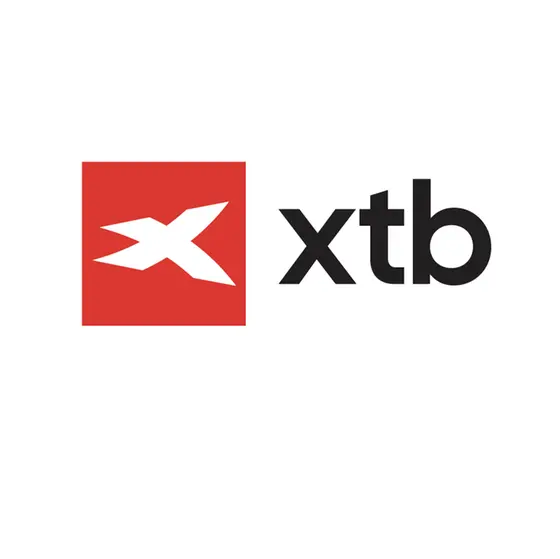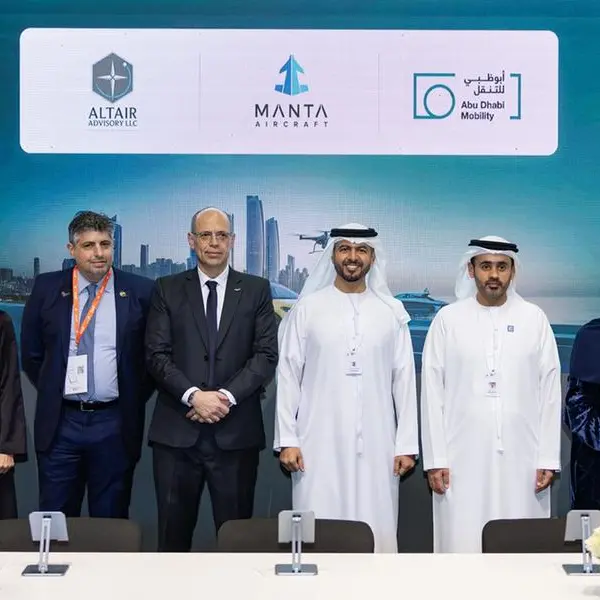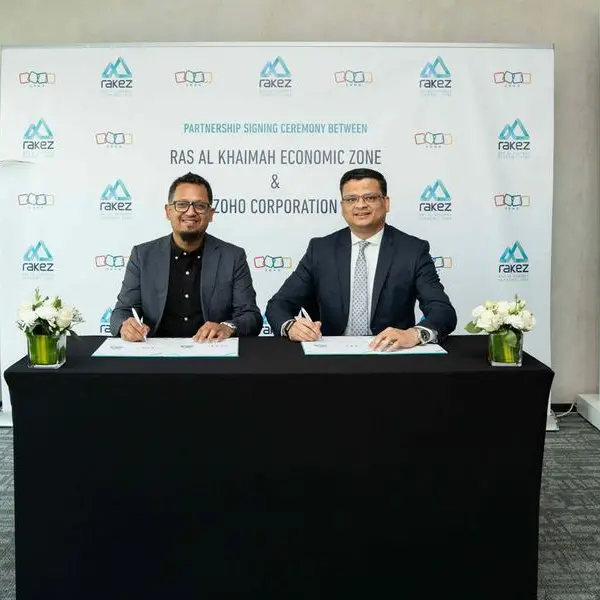The global construction market is expected to grow at a faster pace than world GDP over the next decade[1]. Most of this growth is expected in the Middle East, with markets such as Qatar growing at an accelerated pace. In order to capitalise on this growth, construction projects in the region must be delivered on time and to budget.
Alan Muse, Global Director of Built Environment Professional Groups RICS, believes improvement in the industry is likely to come in many ways but the most promising of those is new technologies such as BIM. Speaking at the BIM USER Day in Qatar, hosted by Qatar University, HOCHTIEF ViCon and Teesside University, the event aimed to facilitate modern and innovative methods in the Gulf construction industry. Focused on Building Information Modelling (BIM), the organisers were keen to establish a knowledge platform with government, research and industry experts in the region. Each of the main components of BIM: process, technology, people and policy were discussed and Alan spoke in depth about the challenges facing the modern day construction industry and how BIM can address these.
The benefits of BIM are well documented, but for BIM to work effectively with collaboration and complete alignment between all parties, appropriate data has to be provided into the system. To have standardised building measurement information is therefore crucial, not only for the effective use of BIM, but also for all engaged parties to have a clear understanding of measurements that are being used and drawings submitted for approval purposes. Alan believes the real challenge with implementing BIM effectively, lies with how to connect data and standards across the whole project lifecycle of land, construction, property and asset management, demolition and back to land.
RICS has played a key role in developing International Property Measurement Standards (IPMS) to measure floor space in buildings, with Dubai Government being the first government in the world to sign up to the new standard. Developing professional standards such as these, allows a clear and consistent measurement tool which will enforce greater transparency both in the region and worldwide.
"The complementary nature and practical application of IPMS and BIM technology represent the future of the global built environment industry. They provide a transparent and consistent approach for a project from initial architectural designs to facility management years after completion, which in turn will add confidence, and reduce risk in the property market worldwide."
Alan Muse (Global Director of Built Environment Professional Groups RICS)
For more information, please contact:
RICS in Middle East: Lynne Fraser, Marketing & Communications Manager on lfraser@rics.org or Tel: +971 (0) 4 375 3075
About RICS:
RICS promotes and enforces the highest professional qualifications and standards in the development and management of land, real estate, construction and infrastructure. Our name promises the consistent delivery of standards - bringing confidence to the markets we serve. We accredit 180,000 professionals and any individual or firm registered with RICS is subject to our quality assurance. With offices covering the major political and financial centres of the world, our market presence means we are ideally placed to influence policy and embed professional standards. We work at a cross-governmental level, delivering international standards that will support a safe and vibrant marketplace in land, real estate, construction and infrastructure, for the benefit of all.
About Qatar BIM User Day:
Qatar University, HOCHTIEF ViCon and Teesside University take the initiative to facilitate modern and innovative methods in the Gulf construction industry. The focus is Building Information Modeling (BIM), and our aim is to establish a knowledge platform with government, research and industry experts. Our first major activities are the Qatar BIM User Days, a series of one day workshops hosted by Qatar University.
The Qatar BIM User Day focuses on the four major components of Building Information Modeling: process, technology, people and policy. Each day provided expert presentations on one component, allowing in-depth audience discussions and participation.
[1] Oxford Economics, Global Construction 2030 report - September 2015
© Press Release 2015



















